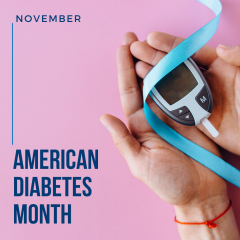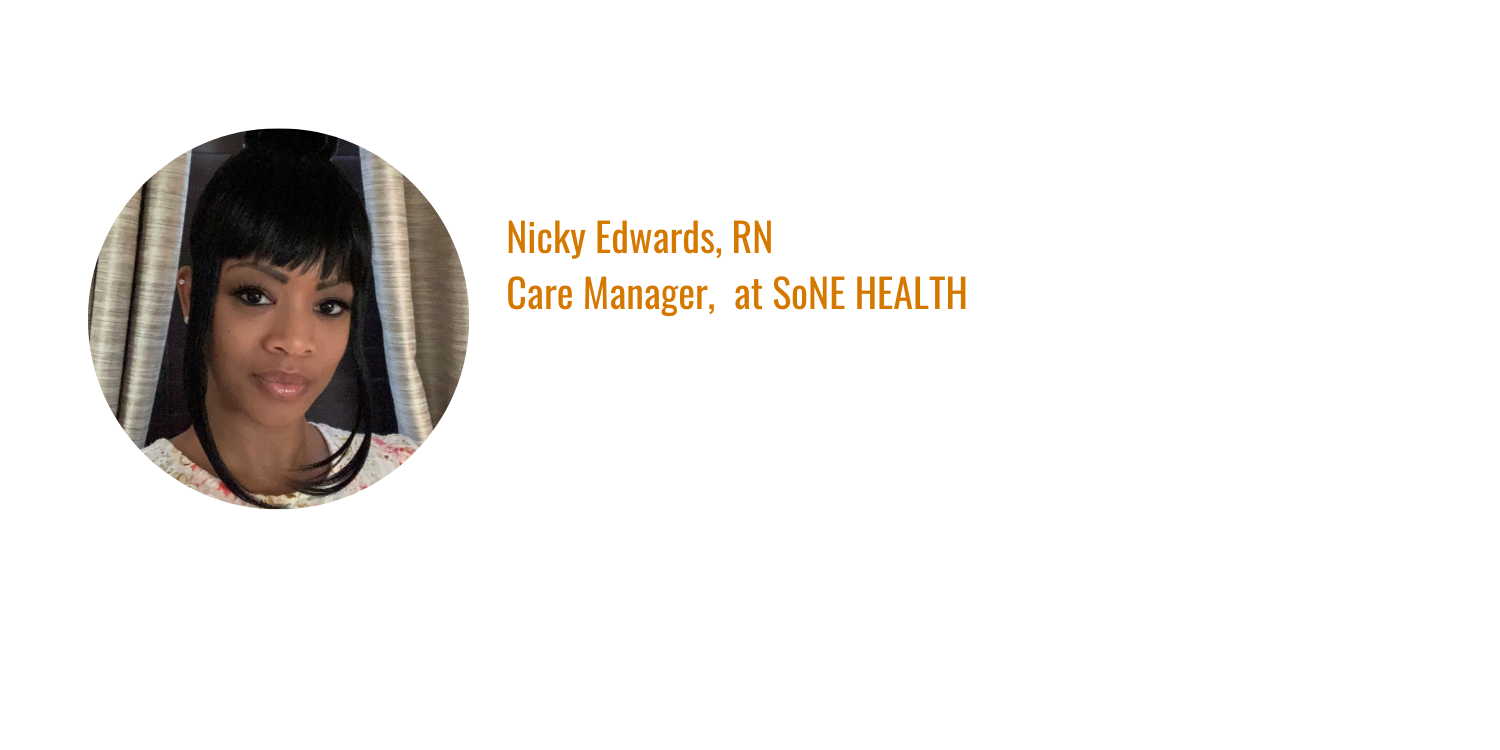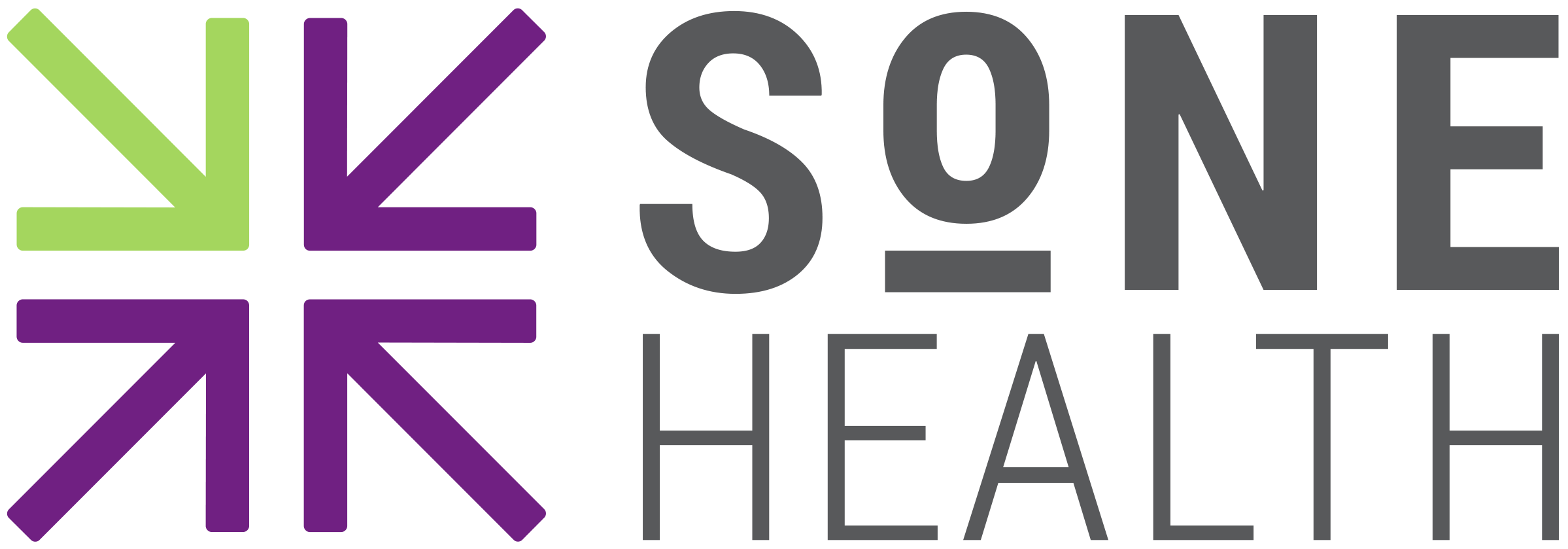By: Nicky Edwards, RN Care Manager
November is known as National Diabetes Awareness Month. Diabetes is a topic near and dear to my heart as I have been managing my diabetes for 29 years. It was not always a smooth ride, but through education and paying close attention, I’ve become more confident and successful at better managing it.
In 2021, an estimated 30 million people in the U.S. had diagnosed Diabetes. That’s nearly 9 percent of the U.S. population. It’s known that higher percentages exist within the age groups 18 years or older and 65 years or older. In addition, many people don’t know the signs and are not getting treated because they are not aware that they have Diabetes.
Per the American Diabetes Association, common signs of diabetes are:
- Frequent urination
- Feeling very thirsty
- Feeling very hungry- even though you are eating
- Tiredness, that doesn’t feel normal
- Blurry vision
- Cuts/bruises that are slow to heal
- Weight loss
- Tingling pain, or loss of feeling in the hands/feet
Though I was diagnosed at the age of 12, I can still remember the signs of peeing often, feeling very thirsty, feeling tired, and losing a lot of weight.
Scheduling and going to your appointments with your doctor are important. It was spring vacation and I was on the way to the mall with my mother. She stopped at the clinic to simply schedule an appointment. They had me provide a urine sample; shortly after my parents were instructed to transport me to the Emergency Room. By recognizing the signs that my body was showing led me to be evaluated by a doctor.
During scheduled appointments your doctor will speak with you about concerning signs that you are having and perform blood work, to help find a diagnosis of Diabetes.
Waiting to treat Diabetes may lead to problems such as:
- Heart Disease
- Kidney Disease
- Diabetes-Related Eye Disease
- Neurological Problems
- Skin Problems
- Stroke
These problems can happen slowly and silently, so you might not feel that anything is wrong. Therefore, it is important to get your blood and urine checked, and other tests recommended by your doctor each year. Diabetes will remain uncontrolled when you don’t know you have it, so the first step is knowing.
Before I was diagnosed, I didn’t know that I was experiencing kidney trouble. As part of my treatment to improve my kidneys, I was prescribed a medication, took it every day for years, attended my appointments with my kidney doctor, and had blood work. Eventually I no longer needed the medication and was given the okay by my doctor to stop, as my kidneys improved.
Luckily there are many steps you can take to help managing Diabetes:
- Keeping follow-up appointments with your doctors
- Knowing signs to report early on
- Knowing your body i.e. Healing of cuts or inability to heal, frequent tingling/ loss of feeling in hands or feet
- Following a healthy diet
- Being physically active
- Taking medications as directed
Talking with your doctor about the signs that you are experiencing is important for early detection and treatment, which may prevent additional health problems related to Diabetes from happening.
Research studies have shown the benefits of regular blood sugar monitoring and tight control to help lower the risk of additional health issues and improve overall health.


